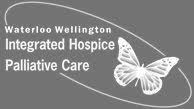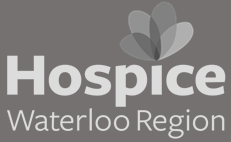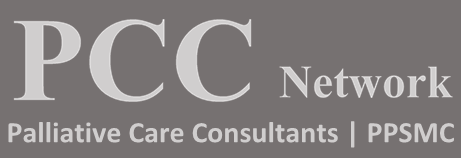Palliative Ethical Considerations
The foundation of medical ethics is supported by four pillars:
- Autonomy – patient has right to choose/refuse treatment
- Beneficence – doctor acts in best interest of patient
- Non-maleficence – first, do no harm
- Justice – equitable distribution of health resources(1)
Sources of Ethical Conflict in Patient Care:
- Complex healthcare information
- Different cultures, professional training, loyalties, practices, experience, perceptions
- Large Healthcare Team
- Rotation schedules (introduction and exiting of new team members and learners)
- Emotional complexity of illness experience
- Prognostic Uncertainty
Moral dilemmas that often surround end-of-life decision making provide an excellent example of interdisciplinary issues that call for a collaborative approach(2)
Consider using a Framework to guide practice: Ethical Decision Making Framework
Step 1: Acknowledge your feelings
Step 2: Clearly identify the conflict
Step 3: Determine and collect all the relevant facts
Step 4: What are the options?
Step 5: Examine patient and others values
Step 6: Evaluate the Alternatives
Step 7&8: Make a choice, justify it and evaluate it(3)
Reference:
1 Mohanti, B. K. (2009). Ethics in Palliative Care. Indian Journal of Palliative Care, 15(2), 89–92.
2 Beauchamp T L, Childress J F. (2001). Principles of biomedical ethics. 5th ed. Oxford University Press.
3 St. Joseph’s HealthCare (St. Mary’s General Hospital): An Ethical Framework for Decision Making. 2008.
Download Tip of the Month




